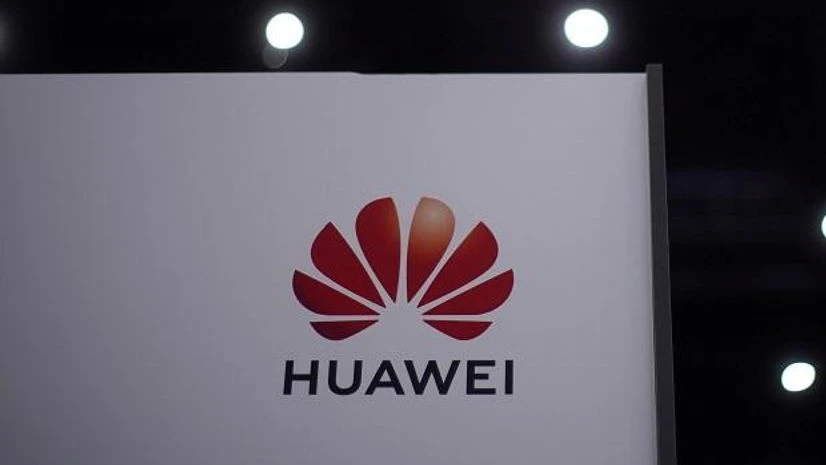By Karen Freifeld and Alexandra Alper
NEW YORK/WASHINGTON (Reuters) - The Trump administration notified Huawei suppliers, including chipmaker Intel, that it is revoking certain licenses to sell to the Chinese company and intends to reject dozens of other applications to supply the telecommunications firm, people familiar with the matter told Reuters.
The action - likely the last against Huawei Technologies under Republican President Donald Trump - is the latest in a long-running effort to weaken the world's largest telecommunications equipment maker, which it says is a threat to U.S. national security and foreign policy interests.
The notices came amid a flurry of U.S. efforts against China in the final days of Trump's administration. Democrat Joe Biden will take the oath of office as president on Wednesday.
An Intel Corp spokesman had no immediate comment, and a Commerce Department spokesman did not immediately return requests for comment.
In an email seen by Reuters documenting the actions, the Semiconductor Industry Association said on Friday the Commerce Department had issued "intents to deny a significant number of license requests for exports to Huawei and a revocation of at least one previously issued license." Sources familiar with the situation, who spoke on condition of anonymity, said there was more than one revocation. One of the sources said eight licenses were yanked from four companies.
More From This Section
Japanese flash memory chip maker Kioxia Corp had at least one license revoked, two of the sources said. The company, formerly known as Toshiba Memory Corp, could not immediately be reached for comment.
The semiconductor association's email said the actions spanned a "broad range" of products in the semiconductor industry and asked companies whether they had received notices.
The email noted that companies had been waiting "many months" for licensing decisions, and with less than a week left in the administration, dealing with the denials was a challenge.
A spokesman for the semiconductor group did not immediately respond to a request for comment.
Companies that received the "intent to deny" notices have 20 days to respond, and the Commerce Department has 45 days to advise the companies of any change in a decision or it then becomes final. Companies would then have another 45 days to appeal.
The United States put Huawei on a Commerce Department "entity list" in May 2019, restricting suppliers from selling U.S. goods and technology to the company.
But some sales were allowed and others were denied while the United States ratcheted up the restrictions against the company, including expanding U.S. authority to require licenses for sales of semiconductors made abroad with American technology.
Before the latest action, some 150 licenses were pending for $120 billion worth of goods and technology, which had been held up because various U.S. agencies could not agree on whether they should be granted, a person familiar with the matter said.
Another $280 billion of licenses for goods and technology for Huawei still have not been dealt with, the source said, but now face a higher likelihood of denial.
An August rule said that products with 5G capabilities were likely to be denied, but sales of less sophisticated technology would be decided on a case-by-case basis.
The United States made the latest decisions during a half dozen meetings starting on Jan. 4 with senior officials from the departments of Commerce, State, Defense and Energy, the source said. The officials developed detailed guidance with regard to which technologies were capable of 5G, and then applied that standard, the person said.
By doing that, the officials denied the vast majority of the roughly 150 disputed applications, and revoked the eight licenses to make those consistent with the new denials, the source said.
The U.S. action came after pressure from a recent Trump appointee in the Commerce Department, Corey Stewart, who wanted to push through hard-line China policies after being hired for a two-month stint in the agency at the end of the administration.
The United States has targeted Huawei in other ways during the administration. Meng Wanzhou, Huawei's chief financial officer, was arrested in Canada in December 2018, on a U.S. warrant. Meng, the daughter of Huawei's founder, and the company itself were indicted for misleading banks about the company's business in Iran.
Meng has said she is innocent. Huawei has denied the claims of spying and has pleaded not guilty to the indictment, which also includes charges of violating U.S. sanctions against Iran and conspiring to steal trade secrets from American technology companies.
(Reporting by Karen Freifeld and Alexandra Alper; editing by Chris Sanders and Jonathan Oatis)
(Only the headline and picture of this report may have been reworked by the Business Standard staff; the rest of the content is auto-generated from a syndicated feed.)

)
